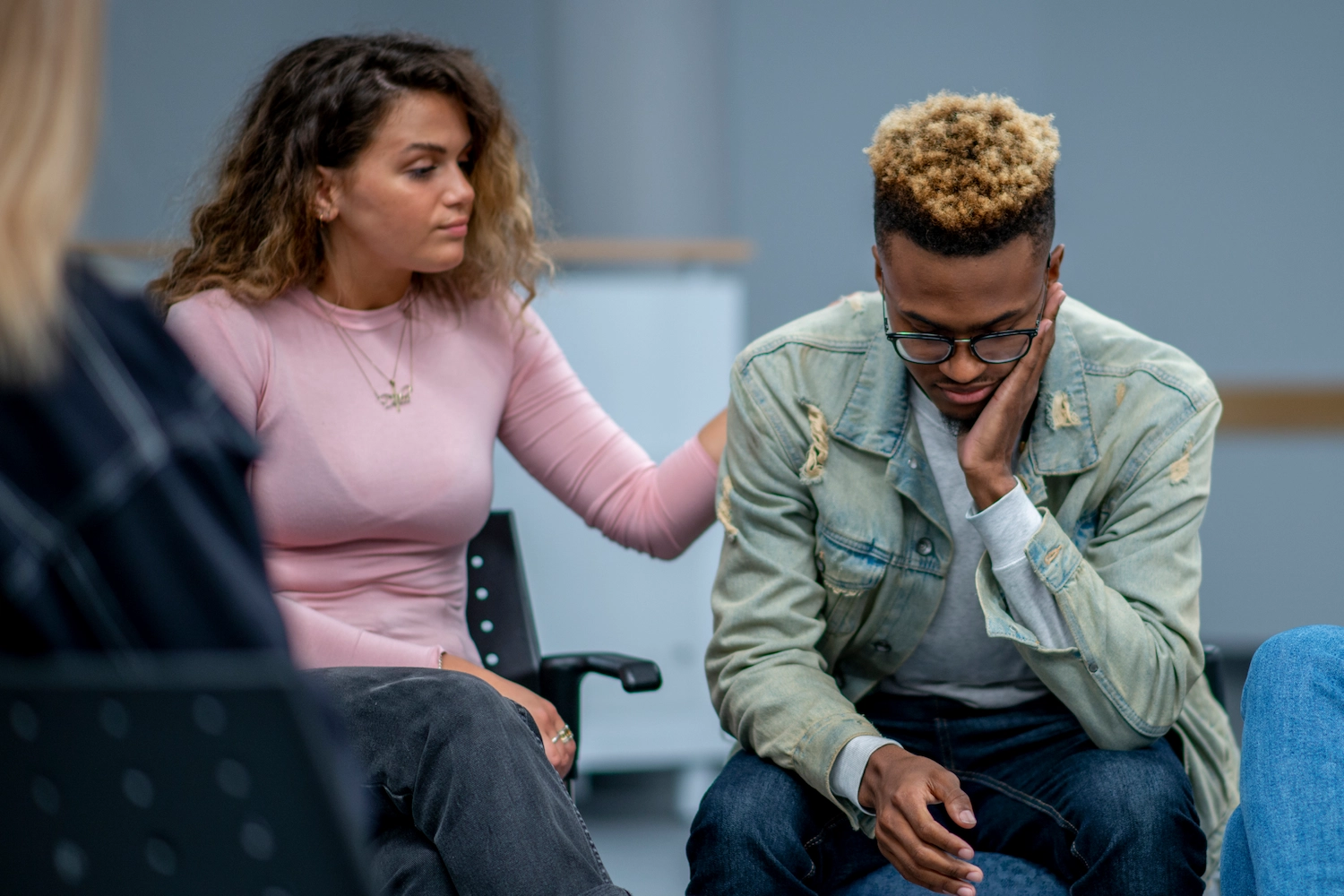Positive and strong social connections have a big impact in our lives. There are many studies that have shown that people with satisfying relationships have fewer health problems, feel happier, and live longer. But when there are a lot of demands on our time and energy, how do we make time to nurture all the relationships in our lives?
Why do relationships need nurturing?
There is often a misconception that relationships happen naturally and they should not require much work. Though many relationships flow naturally at the start, it takes effort to maintain a level of connection. With many things in life that can pull us in different directions it can be difficult to make time for nurturing relationships. Even so, it is important to prioritize important relationships, and it is also important to take care of the relationship you have with yourself.
Why is it important to nurture a relationship with myself? How do I do it?
We have a culture where many women and moms give a lot of themselves to their children, spouses, friends and colleagues. Though it may sound odd, taking time for yourself gives you the ability to give more to others. As a common saying goes, “you cannot pour from an empty cup.” Here are some ways you can figure out what self care means for you, even when your time is limited.
How do I prioritize my relationships?
Prioritizing means deciding how you want to allocate the time and energy you have with the people in your life. When you start to prioritize your relationships, it helps to think about your values. Your values are what you think is most important in your life, and these can change over time.
Another way to help you prioritize your relationships is to think about how the relationship makes you feel. Do you feel valued and respected? Sometimes people can keep taking away from your energy. If this is the case, you may need to evaluate if this is a relationship that you want to keep in your life.
How do I take care of the relationship with my partner?
Talk about your shared values. When you face changes in your life like a new baby, it can change your values and the way you spend your time. Many couples may decide that their children are the primary relationship they both want to prioritize. For others, they decide that spending time to focus on their partnership is their most important priority. The critical thing is to discuss and decide together.
Continue to check in. Taking the time to connect with one another regularly will help strengthen the your bond. Having conversations about whether or not you feel your lives are progressing the way you want will help you both stay on the same page.
How do I nurture the other relationships that matter most to me?
Talk to them and ask them what they need. Some people think that if you’re close, you should just know what they need. However, no one is a mind reader.. It helps to ask: What do you need from me? Are we in a good place? Is there something I’m not giving that I need to give more?
Even having short conversations or interactions can be meaningful. Sometimes a text message to say “I’m thinking about you” or a quick 5 minute phone call is enough to feel connected. Or, sometimes even a simple hug and an in person interaction can make a big difference.
Don’t be afraid to set boundaries. In some cases, if someone is used to you always saying ‘yes’ to them, they may overstep and push you beyond your limits. It can be difficult to say no or tell them you are unavailable, but it is important that you decide when and where your energy goes. If you work with a psychologist, they will be able to help you practice with exercises like role playing. There are also online resources that can provide you guidance.
Schedule a Session
Reduced costs may be available through your insurance plan or employer. Learn more or schedule a virtual visit at Doctor On Demand.
About the author

Dr. Jill Hangen is an experienced Doctor On Demand clinical psychologist with over 20 years of experience. She graduated summa cum laude from Temple University with a BA in psychology before continuing on to completing her doctorate from the Virginia Consortium for Professional Psychology. With a diverse set of training and skills, she has worked with patients in a variety of clinical settings, including community health centers, psychiatric hospitals, and a VA hospital. She is comfortable treating children and adults, individuals and couples.



